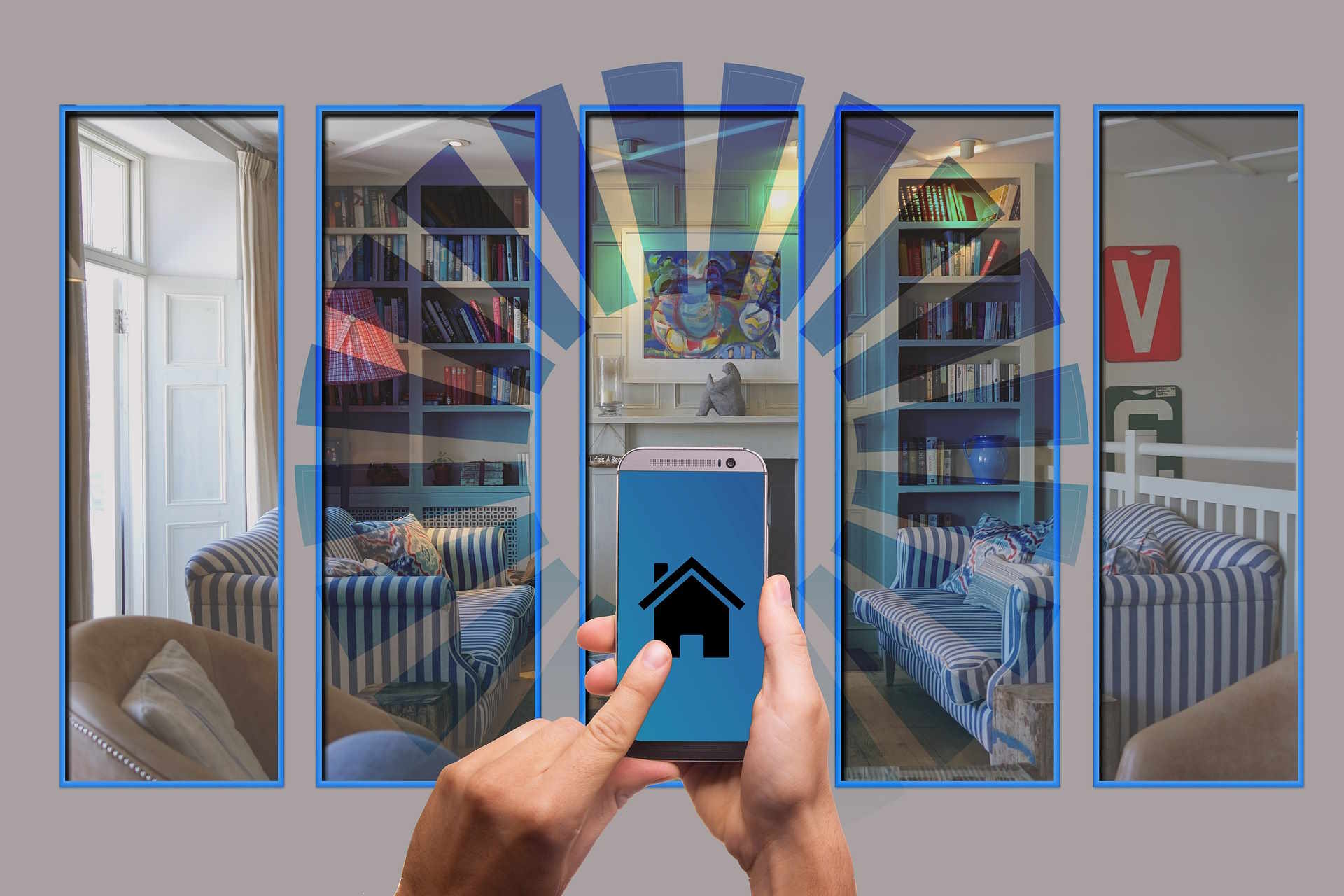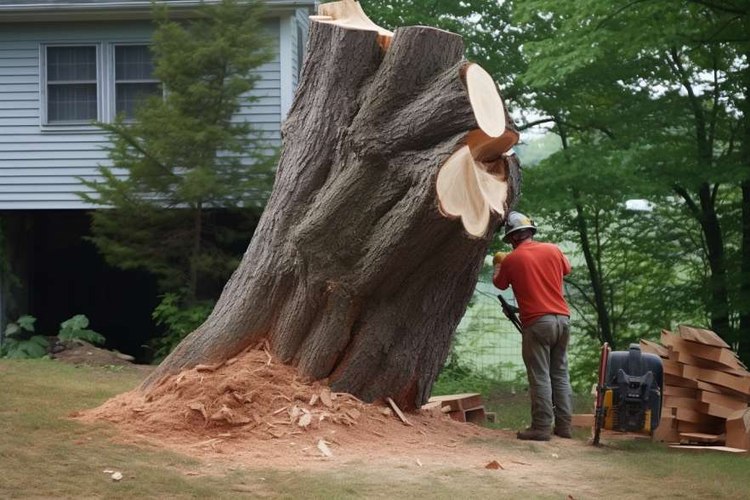The Renaissance of Wabi-Sabi: Embracing Imperfection in Home Decor
Introduction: With the accelerated pace of modern life, a growing number of homeowners are seeking refuge in the ancient Japanese philosophy of Wabi-Sabi, an aesthetic that finds beauty in imperfection. This trend is transforming home decor and design, offering a respite from the pressure of perfectionism.

The Origin and Evolution of Wabi-Sabi
Wabi-Sabi originated in Japan in the 15th century, rooted in the Zen Buddhism concept of accepting the world as it is. It appreciates beauty in imperfection, impermanence, and incompleteness, challenging conventional ideas of aesthetics. Over the centuries, this philosophy has evolved and seeped into various aspects of Japanese life, including art, architecture, and home decor.
Wabi-Sabi in Today’s Home Decor Trends
Today, Wabi-Sabi is making a resurgence in the realm of interior design. It encourages homeowners to embrace the authentic, rustic, and imperfect, favoring natural materials, earthy colors, and handmade items. This trend is a stark contrast to the glossy, polished, and perfect aesthetic that has dominated home decor for decades.
Practicality and Market Trends of Wabi-Sabi
The Wabi-Sabi philosophy is not only a design trend but also a lifestyle shift. It promotes simplicity, mindfulness, and authenticity, which resonate with today’s conscious consumers. According to a report by the National Kitchen and Bath Association, Wabi-Sabi is one of the emerging trends in home decor, with a growing demand for handmade, artisanal items.
How Wabi-Sabi Enhances Daily Living
Wabi-Sabi challenges the obsession with perfection, encouraging homeowners to find beauty in the worn, weathered, and aged. It promotes a serene and peaceful home environment that values authenticity over perfection. This approach to home decor can enhance mental well-being, reducing the stress and pressure associated with the pursuit of perfection.
The Future of Wabi-Sabi
As society becomes more aware of the mental and environmental costs of consumerism and perfectionism, the Wabi-Sabi philosophy is likely to continue growing in popularity. It offers an alternative, more sustainable approach to home decor that values the authentic, simple, and imperfect, creating homes that are not only beautiful but also nurturing for the soul.
The resurgence of the Wabi-Sabi aesthetic in home decor reflects a desire to slow down, embrace authenticity, and find beauty in imperfection. As we navigate the pressures of modern life, this ancient philosophy offers a refreshing perspective, transforming our homes into sanctuaries of peace and tranquility.




